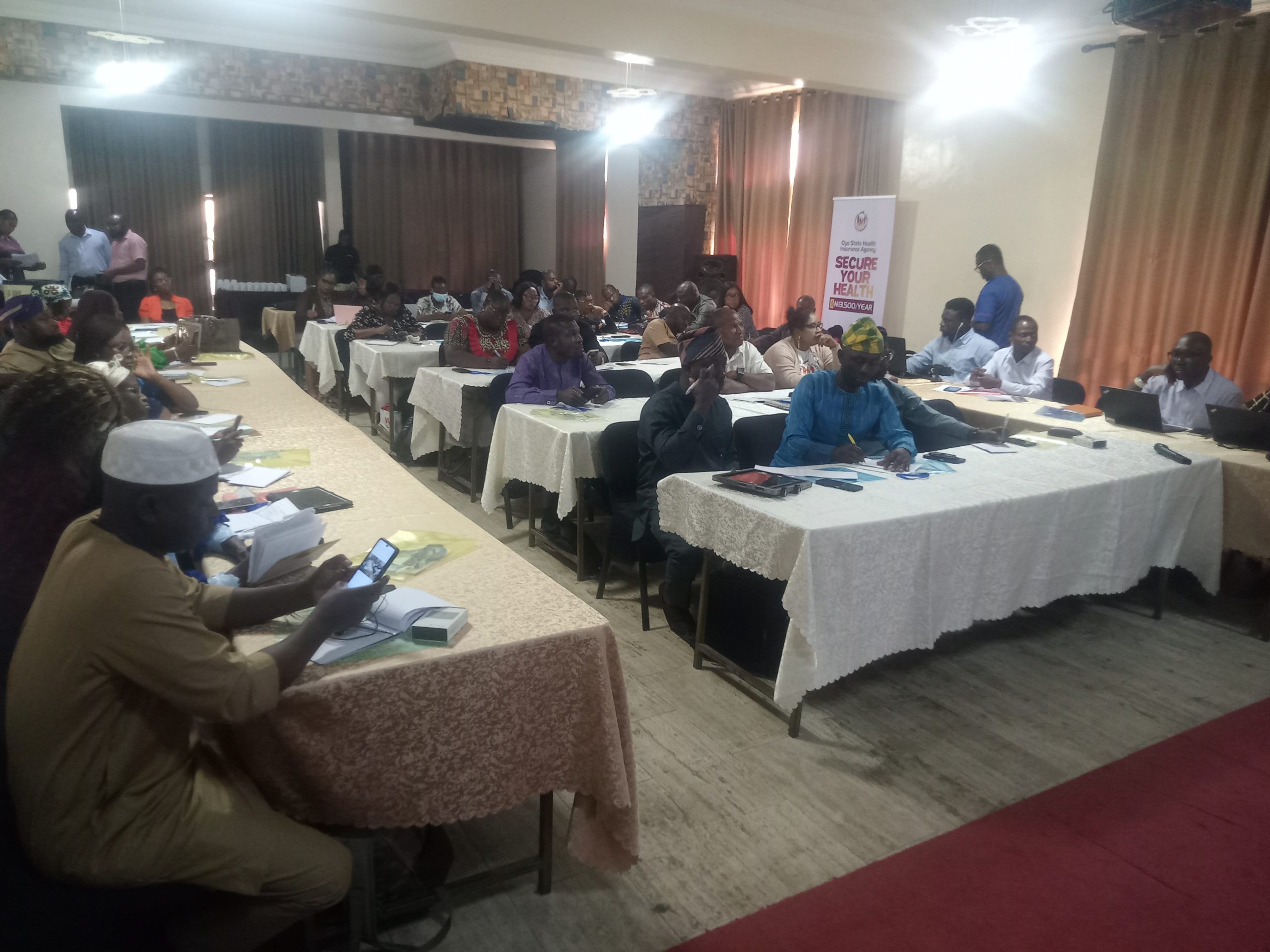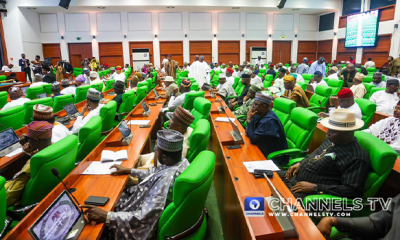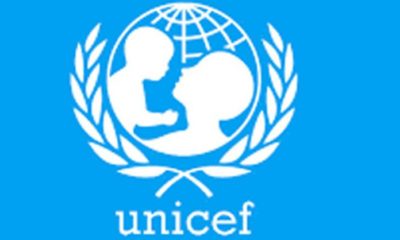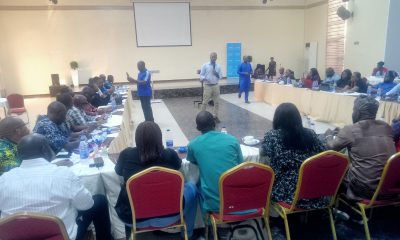News
Lack Of Interest In Health Insurance Affecting Child’s Mortality- UNICEF, Oyo Govt

The United Nations Children’s Fund and the Oyo State Health Insurance Agency have said lack of interest by many Nigerians in subscribing to insurance schemes has been worsening child mortality in the country.
According to them, many pregnant women patronise quacks even when they have opportunity of accessing better healthcare through insurance and in the process, lose their babies.
They said misconception and lack of far-reaching awareness have been contributing to poor enrollment of citizens in insurance schemes.
To this end, they stressed the need for the holistic adoption of the health insurance scheme in order to tackle child mortality and the burden of out-of-pocket healthcare expenses on vulnerable families.
According to the international body, during a two-day media dialogue workshop tagged: “Changing the Narrative on Child Mortality Through Health Insurance,’ held in Ibadan, Oyo State, advocacy and awareness must be stepped up for everyone, particularly the state governments, to attain UHC.
Addressing participants on the topic: “Access to Health Insurance: A Gateway to Achieve Universal Health Coverage for All in Nigeria’, a Health Specialist with UNICEF, Dr. Ijeoma Agbo said that the percentage of the population covered by health insurance has been steadily increasing over the years.
Agbo, however, disclosed that significant gaps still exist, with a substantial portion of the population, especially the vulnerable, remaining uninsured.
She said, “Universal Health Coverage (UHC) is achieved when all people have access to high-quality essential services they need without facing financial hardship, particularly at the time of service delivery.
“Several states in Nigeria have introduced their own health insurance schemes to complement the NHIS and extend coverage to residents. These state-level schemes vary in scope, coverage, and implementation effectiveness and impact in terms of overall progress towards UHC.”
Agbo emphasised that, to accelerate progress towards UHC in Nigeria, concerted efforts must be geared towards addressing systemic challenges as well as strengthening health systems.
“Achieving UHC requires a multi-sectoral and collaborative approach involving government agencies, healthcare providers, donor agencies, civil society organisations, the private sector, communities, and the media.”
She added that UNICEF is committed to working together with all stakeholders to overcome barriers, leverage resources, and ensure that all Nigerians have access to the healthcare services they need without financial hardship.
Speaking, the Executive Secretary of Oyo State Health Insurance Agency, Dr. Olusola Akanda, who gave a presentation on Scorecard on ‘Social Health Insurance Scheme: The Situation in Nigeria’, revealed that no fewer than 500,000 individuals would be insured in the state before 2024 runs out.
According to him, for Nigerians to key into UHC, there must be constant innovation in order to embrace UHC wholeheartedly.
Akande who disclosed that the state government had committed more than N 1 billion to the scheme in the state, said that the premium package for the health insurance package is N13,500 and that is what the rich, poor, including the vulnerable pay annually to enjoy the health service package.
“In Oyo State today, we are enrolling everybody. Every benefit package has a limit. As a programme, we are enrolling people living with disabilities. Also, we will soon be enrolling people on the street. The vulnerable and the poor must benefit.”
On her part, the Communication Officer, UNICEF, Blessing Ejiofor, stated that access to health insurance plays an important role in ensuring that children receive timely healthcare services they need to survive, thrive and fulfill their potential in life.
Ejiofor enjoined participating journalists to become active advocates by using their various platforms to draw the attention of everyone to the issue with a view to bridging the existing gaps in health insurance coverage for vulnerable populations.
-

 News3 days ago
News3 days agoOsun Communal crisis: Slain NSCDC operative Buried Amid Tears [Photos]
-

 News4 days ago
News4 days agoKings Worshipping Idols Are Herbalists-Oluwo
-

 News4 days ago
News4 days agoFIDA Calls For Prosecution Of Medical Doctor Accused Of Raping Teenage Admission-seeker In Osun
-

 News3 days ago
News3 days agoNSCDC Officer Killed, Palace Burnt, Others Injured As Communal Clash Erupts In Osun Communities
















